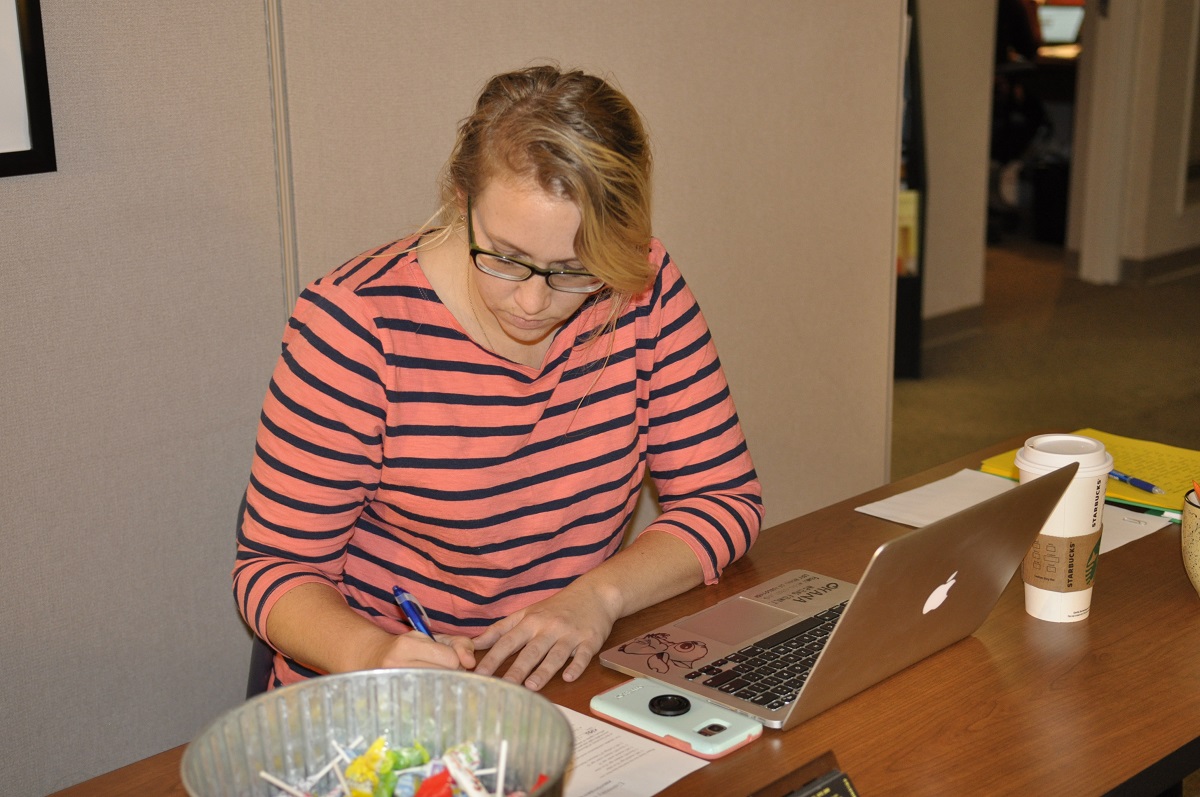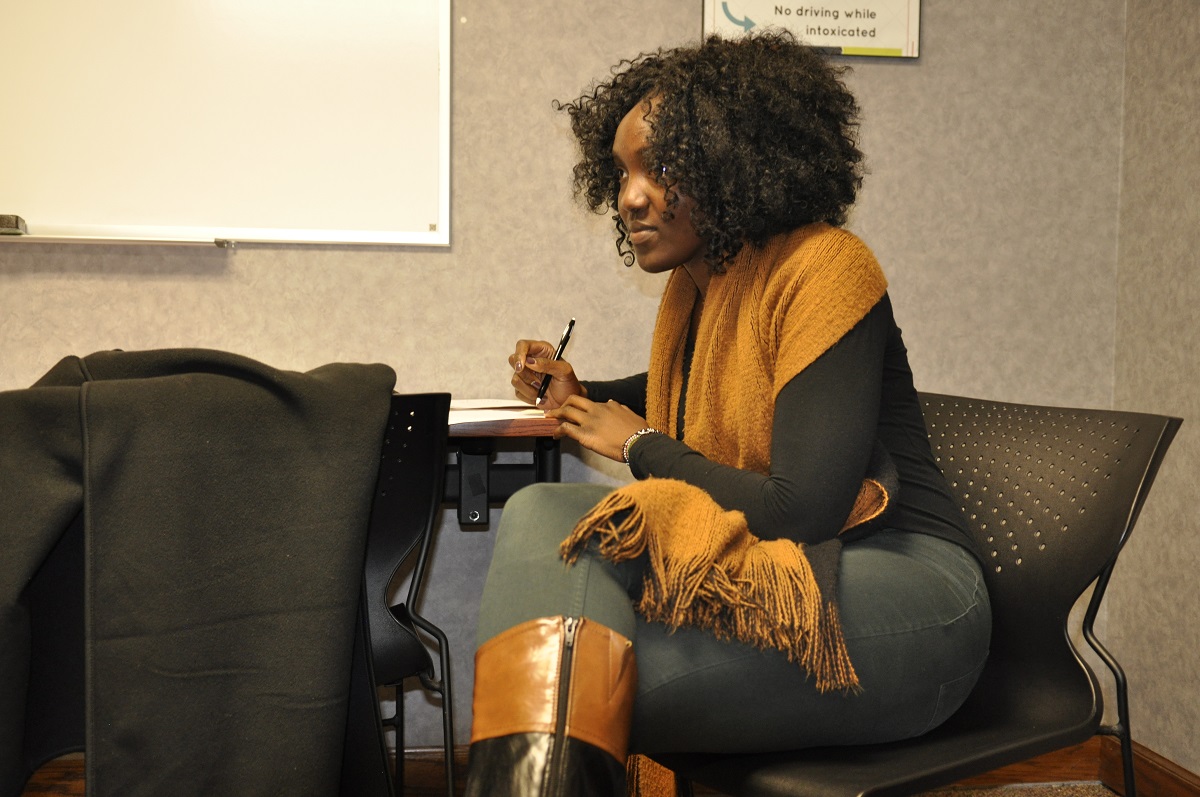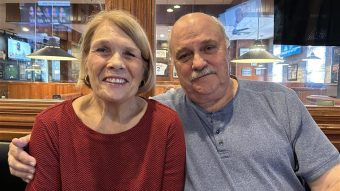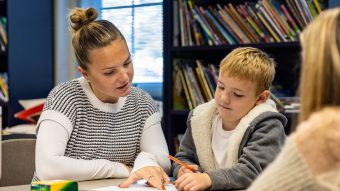Nov. 14, 2018
By Brian Consiglio
The Missouri Method is an educational concept of learning by experience. A central part of the University of Missouri’s journalism school, the Missouri Method can be found on all corners of campus, including the School of Social Work. In 2014, the School of Social Work founded the Integrative Behavioral Health Clinic to provide free, quality mental health services for uninsured and underinsured individuals in the Columbia community. Graduate students provide counseling services under direct supervision from licensed clinical social workers, and undergraduate students get career experience by maintaining clinic operations.

“The clinic is a very welcoming environment where I can get a taste of a clinic setting by interacting with patients,” said Megan Warhover, a graduate student from Columbia. “The clinic helps connect MU with the community by providing people with services they might not be able to access elsewhere.”
In the four years since opening, the clinic has served more than 230 clients and has trained more than 70 students. Mental health services include counseling, crisis intervention and support groups. The clinic is supervised by Kelli Canada, associate professor of social work, and Rebekah Freese, clinical instructor.

“Seeing the clients express their emotions, especially after traumatic experiences, is rewarding because it allows them to make peace and experience life more fully,” said Bini Sebastian, a doctoral student from Dallas, Texas, in the counseling psychology program. “Working at a land grant university like Mizzou has allowed me to give back to the community and prepare for my career in the MU College of Education.”
Working in the clinic has allowed students to gain a deeper appreciation of mental health care and the impact it can have on an individual’s overall health.
“The clinic provides an opportunity to apply what I’m learning in the classroom to real-life situations right away,” said Hannah McNear, the clinic’s manager and social work graduate student. “I love working here because of what it is teaching me about community public health.”

Clients of the clinic have reported that their anxiety and depression symptoms decreased after completing sessions with the graduate social work students and that their quality of life has changed as well.
“Our goal is to normalize seeking help for emotional well-being and to increase the community’s awareness of resources that are available to them,” said Rachel Finch, who earned her master’s degree in social work at MU.
Finch is from Sedalia, Missouri, and helps co-facilitate sessions at the clinic with Robina Onwonga, a doctoral student from Baltimore, Maryland, pursuing a doctoral degree in counseling psychology.
“We try to support our patients in every way possible,” Onwonga said. “I enjoy getting to connect with the clients and see them grow as individuals.”
Tyler Jackman provided individual counseling and developed treatment plans as a student clinician in 2017. He graduated with a master’s degree in social work in May 2018 and currently works as a clinical resource specialist at Crittenton Children’s Center in Kansas City, Missouri.
“Getting the experience to work with real clients while still in school taught me what it means to be a social worker and make a difference in the community,” Jackman said. “My time at the clinic definitely had the biggest influence on my professional development.”



